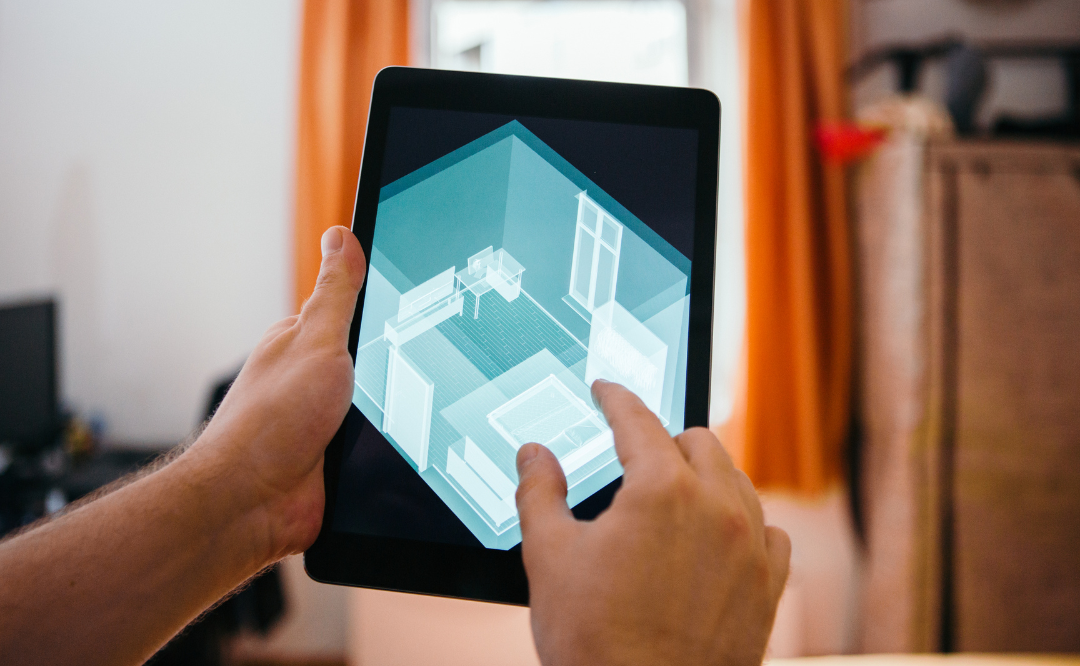In the dynamic world of business marketing, staying ahead of the curve is essential to capture audience attention and create memorable experiences. As technology continues to evolve, virtual reality (VR) has emerged as a game-changer, offering innovative ways for Australian businesses to engage customers and elevate their marketing strategies. The future of virtual reality in Australian business marketing holds immense promise, revolutionising the way brands connect with consumers and forging new pathways to success.
Immersive Experiences Redefining Engagement:
Virtual reality transports users to entirely new worlds, enabling them to immerse themselves in experiences that go beyond traditional forms of interaction. This immersive nature of VR presents a golden opportunity for businesses to create captivating marketing campaigns that resonate deeply with their target audiences. By offering virtual tours of their products, services, or facilities, companies can provide customers with a firsthand encounter, building trust and establishing emotional connections.
Imagine a real estate agency offering virtual property tours, allowing potential buyers to explore homes without physically being present. Or a travel agency taking customers on a virtual journey to their dream destinations, giving them a taste of what to expect. Such immersive experiences have the power to leave lasting impressions, enhancing brand loyalty and word-of-mouth marketing.
Personalisation and Tailored Content:
The future of business marketing lies in personalisation, and VR technology facilitates this on an unprecedented level. With VR, companies can offer personalised experiences that cater to individual preferences and needs. Australian businesses can create virtual showrooms where customers can interact with products in a customisable environment. This not only empowers consumers to make informed decisions but also makes the shopping process more enjoyable and memorable.
Moreover, VR can enable brands to curate content that resonates with specific demographics. For instance, a fashion retailer can create a VR experience showcasing its latest collection, allowing customers to virtually try on outfits and receive personalised style recommendations. This level of personalisation not only boosts engagement but also fosters a sense of connection between the consumer and the brand.
Enhanced Storytelling and Brand Narrative:
Effective marketing is rooted in storytelling, and VR takes this concept to new heights. Australian businesses can harness the power of virtual reality to tell their brand stories in innovative ways that captivate audiences. By immersing customers in a narrative-driven experience, companies can forge emotional connections and communicate their values more effectively.
Imagine a heritage brand using VR to transport customers back in time, reliving pivotal moments in its history. This not only educates the audience but also fosters a sense of nostalgia and appreciation for the brand’s journey. VR storytelling can be a potent tool for both legacy companies looking to celebrate their roots and start-ups aiming to establish a strong brand identity from the outset.
Data-Driven Insights and Analytics:
In the era of digital marketing, data insights drive decision-making. VR is no exception. With the evolution of virtual reality in Australian business marketing, companies can gather valuable data on consumer behaviour and preferences. These insights can be leveraged to refine marketing strategies, optimise user experiences, and tailor offerings to meet customer demands more effectively.
By analysing how users interact within virtual environments, businesses can gain a deeper understanding of what engages their audience and what might need improvement. This data-driven approach ensures that marketing efforts are not just creative but also strategic, yielding tangible results and return on investment.
The Road Ahead: Embracing Innovation:
As Australian businesses venture into the future of marketing, embracing virtual reality will be a pivotal step toward innovation and growth. With its potential to create immersive experiences, personalise content, enhance storytelling, and provide data-driven insights, VR holds the key to unlocking new avenues for customer engagement and loyalty.
However, it’s important to acknowledge that adopting VR in marketing requires a commitment to staying updated with technology trends, investing in infrastructure, and collaborating with VR experts. As the VR landscape evolves, businesses must remain agile and adaptable to seize emerging opportunities and stay competitive in the dynamic market.
In conclusion, the future of virtual reality in Australian business marketing is filled with boundless possibilities. From immersive experiences that redefine engagement to personalised content, enhanced storytelling, and data-driven insights, VR offers a transformative approach to customer interaction. As brands embrace this technology, they will not only elevate their marketing strategies but also reshape the way consumers experience and connect with their products and services. The time is ripe for Australian businesses to step into the world of virtual reality and pioneer the next era of marketing innovation.


